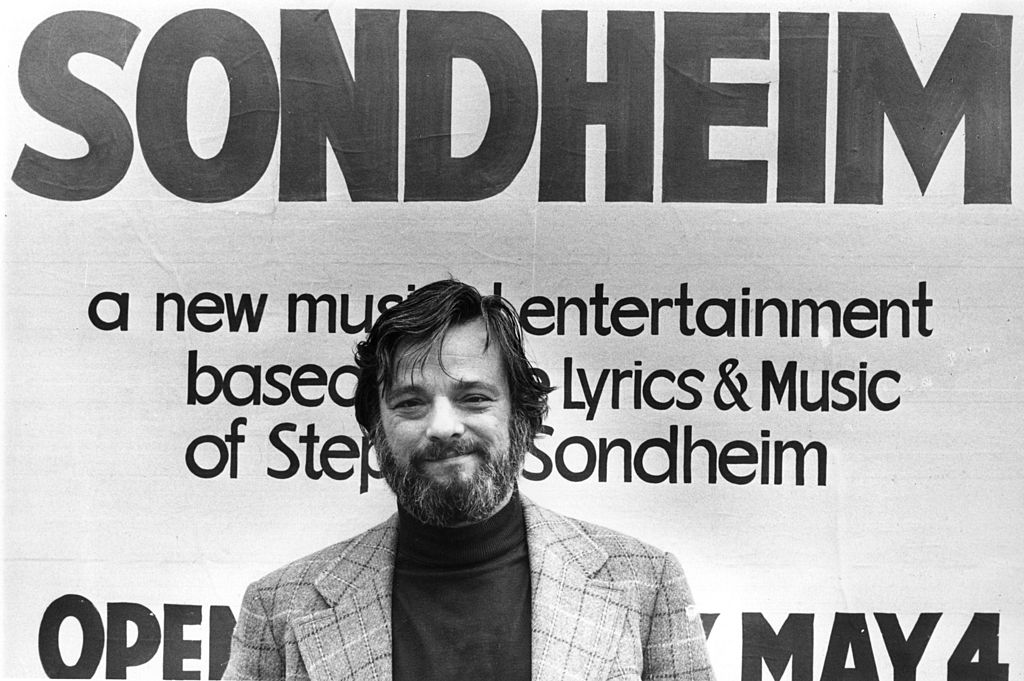Some artists excel at their chosen disciplines. Over the course of his long career in the theater, Stephen Sondheim redefined them. Had he been solely a lyricist or composer for the bulk of his career, he would be celebrated for that alone. Taken in tandem, they made him even more of a singular presence in American theater. The New York Times reports that Sondheim died on Friday morning at his Connecticut home at the age of 91. It’s nearly impossible to remember a time in which his impact wasn’t felt on stages across the world.
Sondheim first drew notice for his work as a lyricist, including both Gypsy and West Side Story. His subsequent work found him working as both composer and lyricist (with a few exceptions) — and involved musicals ranging in tone and style, including Company, A Funny Thing Happend on the Way to the Forum, Assassins and Into the Woods. As the Times noted, this year has brought with it high-profile revivals of both Company and Assassins — to say nothing of an equally prominent film adaptation of West Side Story due out next month and actor Bradley Whitford playing Sondheim in the film Tick, Tick… Boom!
Sondheim won multiple Tony Awards over the course of his career, as well as (with collaborator James Lapine) the Pulitzer Prize for Drama for Sunday in the Park With George. In 1990, one of the songs he wrote for the film Dick Tracy won the Academy Award for Best Original Song. Across his vast body of work, Sondheim addressed questions of emotional complexity with grace and curiosity.
His work on Dick Tracy wasn’t his only work for the screen. He and Anthony Perkins collaborated on the screenplay for the 1973 murder mystery The Last of Sheila, and he composed the score for the Alain Resnais-directed film Stavisky…. All of which is to say that even the less-spotlit parts of Sondheim’s career suggest compelling roads not taken.
In a 1997 interview with The Paris Review, Sondheim looked back at his education and its effect on his work. “I had always imagined that writing music was all about sitting in your penthouse or your studio until this lady muse twitters around your head and sits on your shoulders and goes, Da-da-da-dum, da-da-da-dum,” he told James Lipton. “Instead, Robert Barrow was talking about leading tones and diatonic scales, and I fell in love. He took all the mystery out of music and taught craft. Within a year I was majoring in music. He changed my life by making me aware that art is craft, not inspiration.” And for more than half a century, Sondheim brought that approach to art to life, and did so thrillingly.
Thanks for reading InsideHook. Sign up for our daily newsletter and be in the know.


















